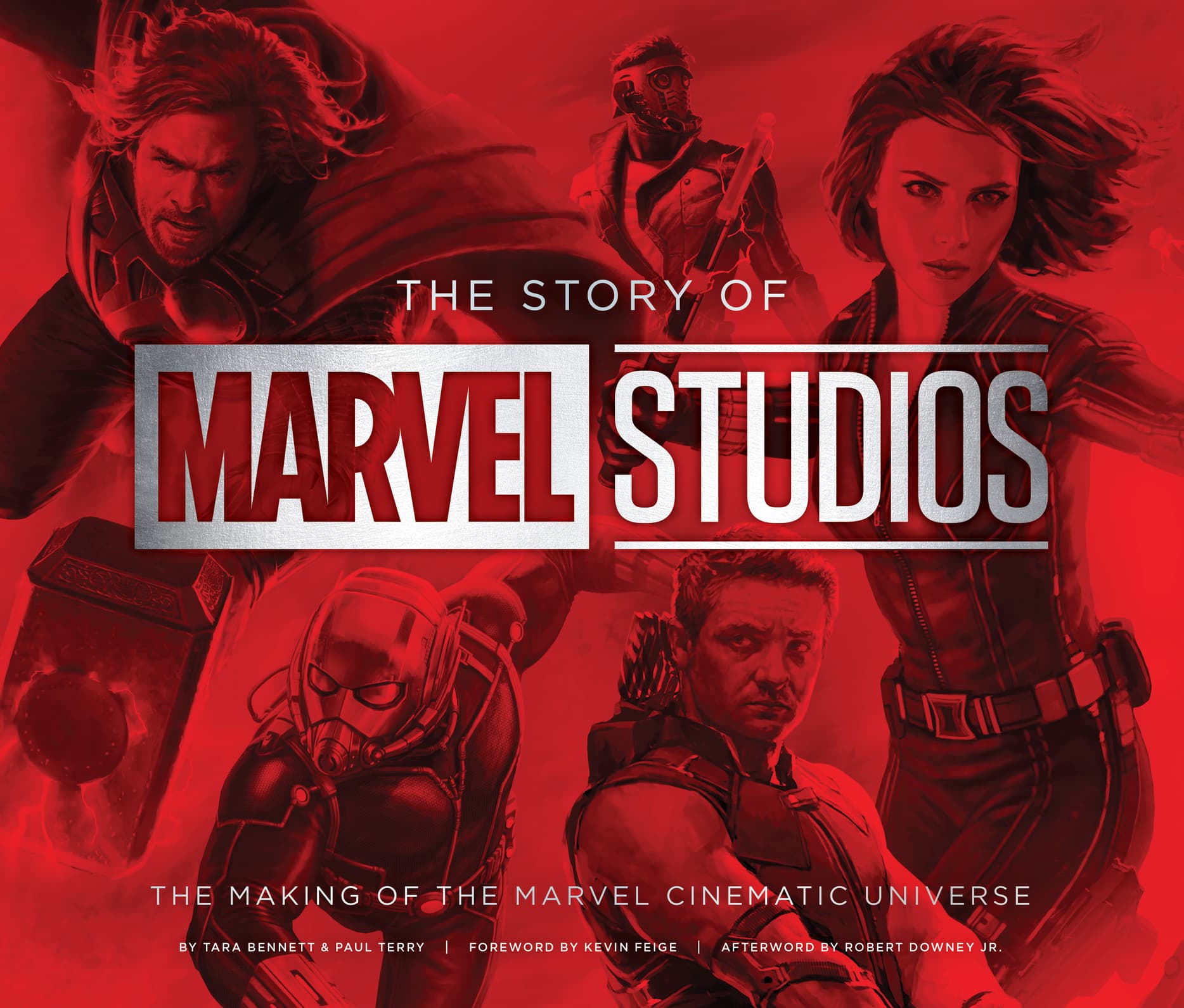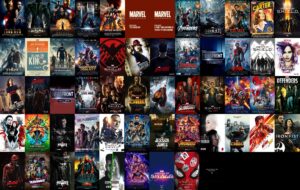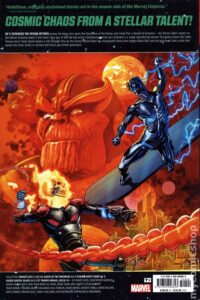From Cinematic Universe to Cultural Phenomenon: The Marvel Cinematic Universe’s Lasting Impact

- The Evolution Of MCU’s Storytelling: From Phase 1 To Now
- Everything We Know About The MCU’s Future After The Latest Movie
- Immersive Visuals Redefine The Cinematic Experience: A Look Into The Mind-Blowing Special Effects Of The Latest MCU Blockbuster
- Unpacking The Mysterious End Credits Scene: MCU’s Latest Bombshell
- Exploring The Themes In The New MCU Blockbuster
In the summer of 2008, the world was introduced to a character that would change the landscape of superhero movies forever: Tony Stark, aka Iron Man. Little did we know that this Marvel Comics adaptation would be the genesis of something much bigger – the Marvel Cinematic Universe (MCU). Fast forward to the present, and it’s evident that the MCU has left an indelible mark on the world of cinema.
The Game-Changing Relaunch That Paved the Way
Prior to the MCU’s inception, the genre had seen its fair share of successes, including Christopher Nolan’s The Dark Knight (2008). However, what set the MCU apart was its bold attempt to create a cohesive universe. Marvel took a calculated risk by launching a series of interconnected films that would eventually converge into a majestic behemoth. The Avengers (2012) proved that a cinematic universe could be a recipe for success, and the world took notice.
It’s All About the World-Building
One of the key takeaways from the MCU’s remarkable run is the importance of world-building. Kevin Feige, Marvel Studios’ mastermind, understood that a rich tapestry of characters, locations, and backstories was essential in cultivating a devoted fan base. The Marvel Cinematic Universe is not just a collection of individual movies but an immersive experience that invites viewers to participate in the intricate narrative.
As a result, rival studios took heed, aiming to replicate this model in their own franchises. The DC Extended Universe (DCEU), though not as seamless in execution, can be seen as an attempt to rival the MCU’s success. The interconnected narrative now serves as a standard benchmark for aspiring cinematic universes.
Subverting Expectations and Pioneering Storytelling
What sets the MCU apart is its unbridled enthusiasm for breaking conventions and expanding the storytelling spectrum. The Guardians of the Galaxy (2014) blend of pop culture references, sci-fi adventure, and gut-wrenching drama exemplifies the cinematic universe’s spirit. Similarly, Black Panther (2018) merged Afrofuturism with high-octane action, propelling the film to both critical acclaim and commercial success.
Moreover, Marvel Studios was instrumental in showcasing character arcs and emotional journeys that put their audiences through the wringer. From Captain America’s internal conflict to Tony Stark’s untimely sacrifice, the depth and humanity exhibited by these characters resonated with viewers worldwide. This multidimensional approach significantly impacts how movies will continue to captivate audiences in the future.
Bowing Out: Less a Farewell and More an Opportunity to Reinvent
Now that the Infinity Saga has come to a close, and a transition to Phase 4 is underway, the spotlight shifts to different corners of the ever-growing universe. As multiple production units delve deeper into Marvel’s treasured legacy, distinct sections begin to break free from the main storyline, experimenting with unchartered territory.
The future seems exciting, as many ventures – TV series, solo movies, and potentially the enigmatic Secret Wars – begin unfolding. Ultimately, these undertakings could serve as part of a self-sustaining ecosystem. After an odyssey like no other, the future of the MCU promises an effervescent adventure for its perpetual fanbase.
Years from now, we’ll be sifting through movie reel archives, charting the cinematic accomplishments and delectable encounters comprising this multiverse wonder. Our nostalgia will give birth to fervent cravings for a new universe-defining venture.




